Designed with leading policy and academic experts, the Child Policy Hub will help you learn new policy skills, network with policymakers directly, hear from esteemed scholars, and answer policy questions rapidly. It is based on the best evidence on how to increase the use of evidence in policymaking.
All areas of the Hub are included in your SRCD membership:
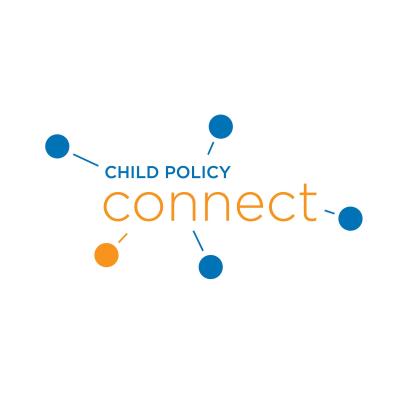
Child Policy Connect
Answer Congress' research questions through a rapid response process, Hill days, and more. SRCD is partnering with TrestleLink to implement the tested Research-to-Policy Collaboration model.
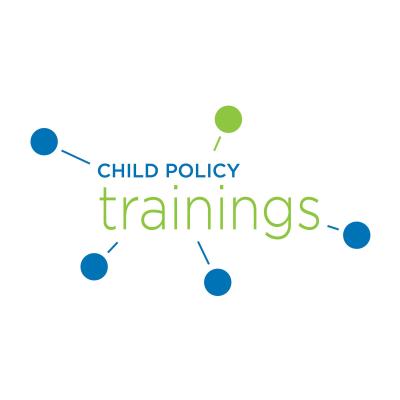
Child Policy Trainings
A suite of new and improved trainings and professional development offerings are coming your way, ranging from webinars, online micro credentialed certification courses, more policymakers and policy sessions at the Biennial, and our gold-standard U.S. Policy Fellowship. Learn how to communicate with policymakers, how to build equity into evidence-based policymaking, how the policy process works, and more.
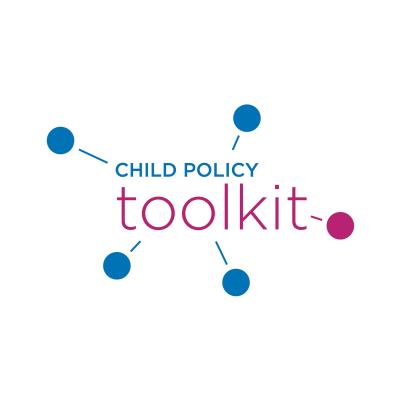
Child Policy Toolkit
Resources for you to engage on policy and build your capacity, with legislative map trackers, ways to connect to your representatives, tips on how to talk to policymakers, and more.
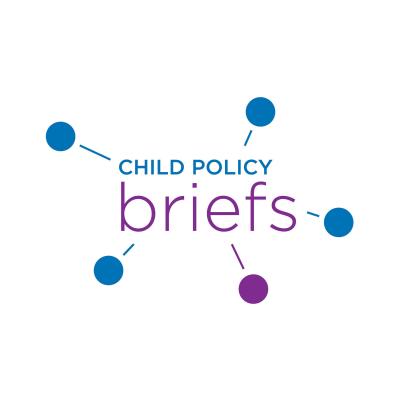
Child Policy Briefs
A new resource hub for SRCD policy briefs. New briefs will be published quarterly. Overseen by SRCD’s Policy Committee, this program replaces the RARS process. SRCD members will be able to submit topic ideas to the Policy Committee for briefs.
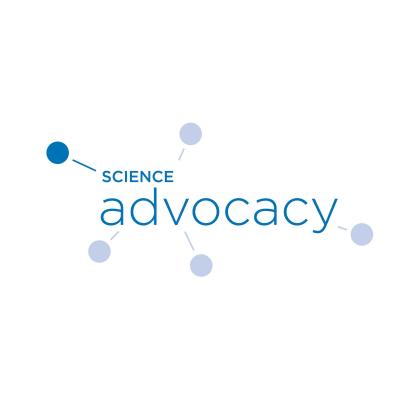
Science Advocacy
SRCD continues to advocate for our members on our key priority areas: science funding and the scientific workforce’s diversity, equity, and inclusion. You will continue to reap the benefits from our work with coalition partners and you will have opportunities to visit Congress in D.C. to advocate for science funding.
When will I see the Child Policy Hub?
These new member benefits are in the planning phase and will be rolled out in stages over the next 1-2 years. Watch out for more policy content at the 2025 Biennial, new online courses, and more.
Some things are already available. For example, our first initiative of the Child Policy Trainings included the three-part webinar series, How to Build Relationships with Policymakers, available to watch here.
Why are we doing this?
In 2023 we listened to members, talking to policymakers, assessed our outcome data, and reflected on the literature. In 5 surveys, 20 focus groups, 2 webinars, and 38 hour-long interviews, we found that our social policy work was a good start but wasn’t always achieving the outcomes we wanted. Our Policy Strategy Advisory group, made up of esteemed policy experts, and our Governing Council developed this new approach to policy.
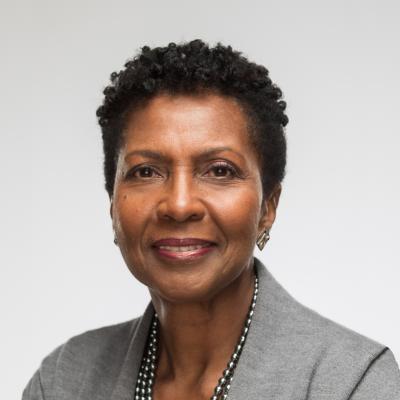
“SRCD’s Governing Council is proud to make a multi-year, strategic investment to grow our policy work. The new Child Policy Hub represents an exciting future for our approach to policy. Experts told us that SRCD can make the greatest impact on policy by building relationships between policymakers and scholars. Influencing policy requires more than publishing and disseminating briefs. It requires building reciprocal relationships and responding in real time to policymakers’ needs and questions. We are moving towards programs that are proven to build long-lasting relationships that improve evidence-based policymaking.”
A Strategic Pivot
We learned that it was time for a strategic pivot. To improve evidence-based policymaking, we must start by asking policymakers what their needs and questions are.
It may sound subtle, but it’s the difference between having your work fall on deaf ears or having evidence inform policy.
In our first efforts on social policy, we decided what questions should be asked and we relied on publications to translate the literature then disseminate it. But the literature – and our early output results – show us that this isn’t the most effective way to influence policy. Publishing is a central way to advance knowledge in the academic world, but it’s not in the policy world.
So what is? Relationships.
Policymakers rely on trusted voices whom they perceive as being impartial, arbiters of science. They build informal connections with scholars who can speak their language and be flexible to their constraints, and who are responsive to their questions and needs.
Our previous approach made a common mistake; it assumed the policymakers lack information and need to be educated on the science. But the opposite is true! Policymakers are often inundated with information, and so they turn to reliable sources that can help them navigate the evidence.
If we wait until our evidence is already complete, we have often already failed to help answer policymakers’ questions. We must start earlier in the research and policy process.
The evidence shows us time-and-time again that when scholars start by building a relationship with a policymaker, evidence-based policymaking flows from it.
Dissemination is a one-way street. Relationships are a two-way street. We must engage with policymakers in back-and-forth discussions and debates, throughout the policy and research process.
How Will We Do This?
SRCD’s Policy Department will act on behalf of our members to build these relationships at the U.S. federal level. We will then help connect policymakers to members, and ensure that we flip the script, by centering the policymaker. We will give members new access to network directly with policymakers at our conferences, and we will give you tools to engage with policymakers in your own areas of expertise.
Our vision is to become the go-to place for policymakers with questions on children’s development.
We want to help build our members’ capacity to engage on policy, to form relationships with policymakers, and to ultimately create better evidence-based policymaking for children and families.
You Made This Possible
Thank you to the hundreds of members who engaged in the strategic planning process in 2023. This new package of member benefits reflects your strong commitment to fulfil our mission: to promote the use of developmental science to improve human lives.
We would also like to thank the Policy Strategy Advisory group, who gave their time generously to this strategy: Dr. Jennifer Brooks (SRCD U.S. Policy Fellowship Supervisor and policymaker), Dr. Caitlin Lombardi (SSPC Co-Chair), Dr Lisa López (Latinx Caucus and SRCD Treasurer), Dr. Marisa Morin (SRCD Policy Fellow alum and policymaker), Dr. Sarah Oberlander (SRCD Policy Fellow alum and policymaker), Dr. Stephen Russell (SOGIE and Governing Council member), Dr. Matt Stagner (Mathematica), Dr. Vivian Tseng (Foundation for Child Development). The work was overseen by SRCD’s Policy Department, including Policy Director Lindsay Turner Trammell.
The new strategy is funded by your membership, as well as generous support from SRCD’s strategic investment portfolio, the W. T. Grant Foundation and the Heising Simons Foundation.
Contact policy@srcd.org with questions or comments.
Resources and Further Reading
Learn more about relationship-driven approaches to policy work with these publications:
- SRCD Policy Working Group's Stakeholder Needs Assessment and Report Summary for SRCD Membership
- How to Build Relationships with Policymakers: SRCD 2024 webinar series
- Social Policy Report March 2024 special issue: Creating Partnerships among Researchers, Practitioners, and Policymakers to Maximize Evidence Use
- Improving the use of Research Evidence - William T. Grant Foundation (wtgrantfoundation.org)
- https://wtgrantfoundation.org/want-to-get-research-used-top-five-tips
- https://uremethods.org/methods-resources/